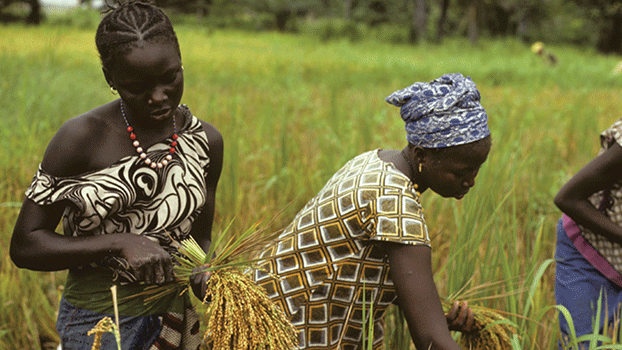A COMPARATIVE STUDY BETWEEN TANZANIA AND INDIA
Rosa Luxemburg Stiftung / TOAM / TABIO, 2019
Author: Shalini Bhutani
This publication aims to generate a better understanding over the seed landscapes in Tanzania and in India. It compares the concepts, policies, actors and existing strategies over seed systems in these two countries. Findings show that Farmer-managed seed systems cannot run on their own without a strong public sector supporting them. In India for instance, the Biological Diversity Act supports local level conservation work, and a framework for benefit sharing exists. In Tanzania on the other hand, the Quality Declared Seed (QDS) model is a good starting point to support Farmer-managed seed systems. In both countries though, the growing corporate power and its influence over policy makers is a fundamental challenge. Based on its findings, the study lists five key recommendations for civil society actors and social movements that seek to strengthen Farmer-managed seed systems: conceptual clarity; local action; public rebuilding, national advocacy and international solidarity.
Download: https://www.rosalux.de/en/publication/id/40955/making-farmer-managed-seed-systems-work/

